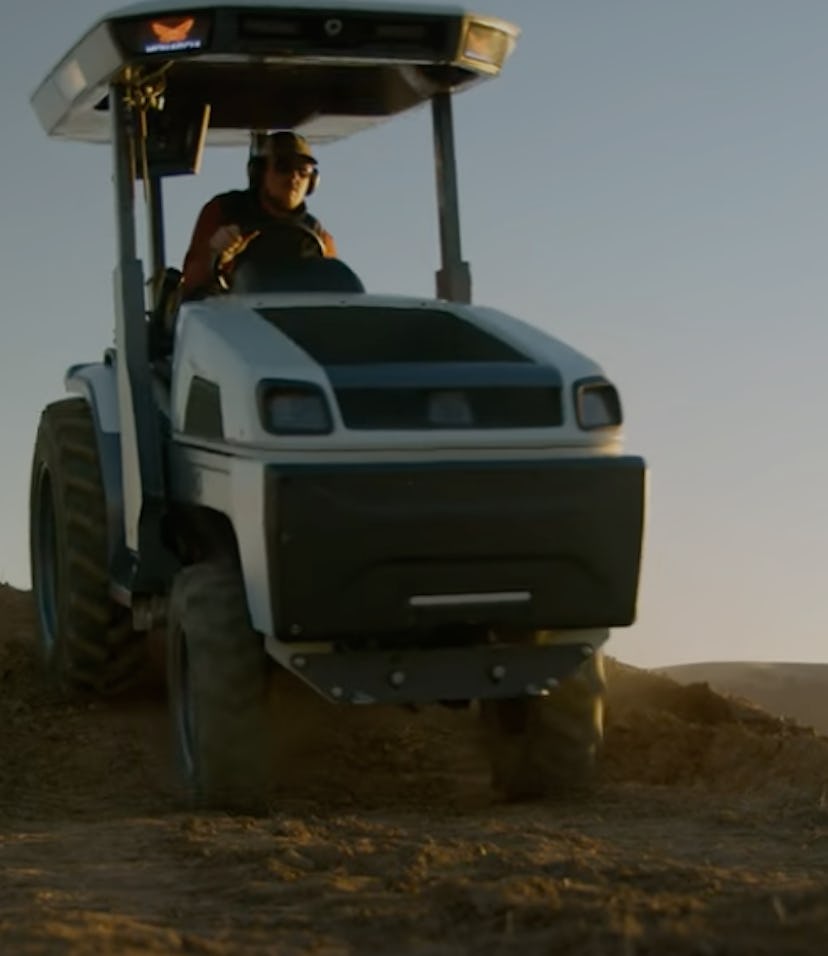Tech
The Monarch is an electric tractor that can drive itself
The small tractor is best suited for smaller farms interested in sustainable practices.

Electrification isn't just for consumer products. Various industries are also looking to reduce their carbon footprints and maintenance costs, with a slew of electric trucks and work machines fast approaching. Small scale farms that promote their sustainability as one of their unique selling points may be up next as several electric tractors have been announced of late. The Monarch is the latest, but the tractor is more than just an electric workhorse.
Powered by a 55-kilowatt-hour battery, the vehicle can be operated by a driver or autonomously, with tasks programmed ahead of time. That means increased efficiency and reduced labor costs as farms can put their workers on tasks that require a bit more dexterity while the tractor does its thing.
In order to operate on its own, the Monarch uses 360-degree cameras to avoid collisions or rolls. The onboard sensors are said to be capable of generating crop data and providing long-term analysis of the health of fields and crops. The accuracy is supposed to improve over time as the tractor collects more data.
As the market for private vehicles moves towards electrification more rapidly prices are coming down for batteries, and that provides an opening for the heavy-duty construction and agricultural industries alike. Electric vehicles generally require less maintenance than combustion engine variants because there are far fewer moving parts and fewer fluids, air filters, and other consumables that need to be replaced regularly.
But it will be interesting to see how farmers feel about buying a connected tractor — John-Deere has been under fire for years because its newer tractors use proprietary software that blocks repairs from anyone other than an authorized John-Deere technician.
Baby steps — Because the 55-kilowatt-hour battery in the Monarch isn't terribly large (operation time is quoted at 10 hours between 4-5 hour-long recharges), it seems like its use will be limited to use on smaller farms unless there's the option to easily swap out the battery. It's not uncommon for large-scale farms to run tractors 24/7 during good weather.
We're already seeing personal mowers and other small outdoor machinery transition to electric, along with some larger equipment like the vehicles used in mining, so it seems like it's only a matter of time before most farming tools are electrified rather than gas-guzzling, too.
The Monarch will start at $50,000 when it ships in the fall of 2021.